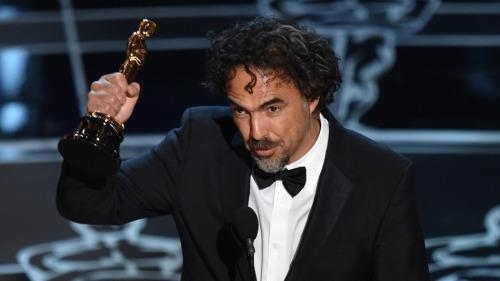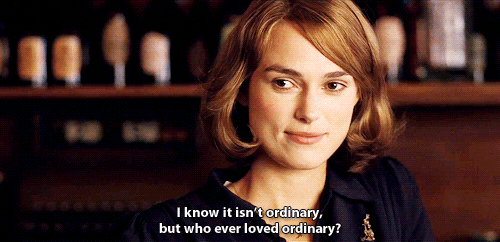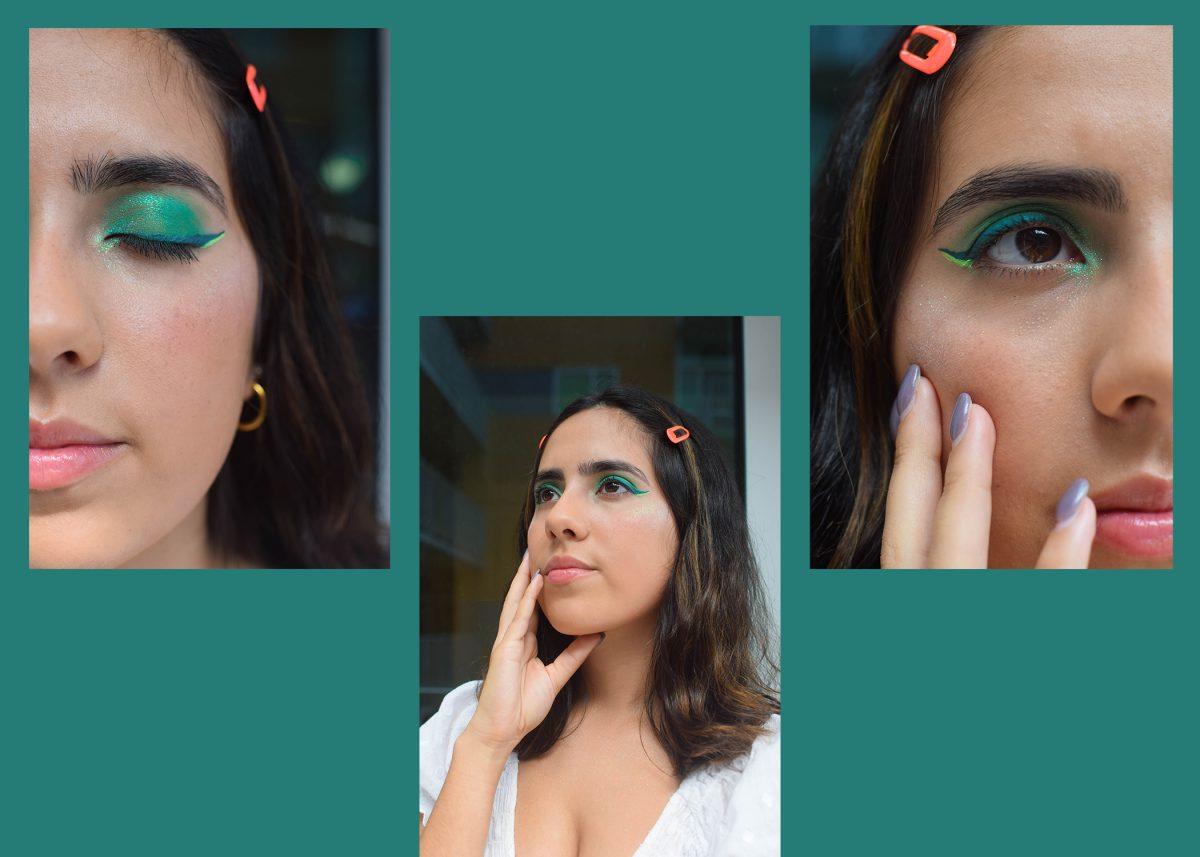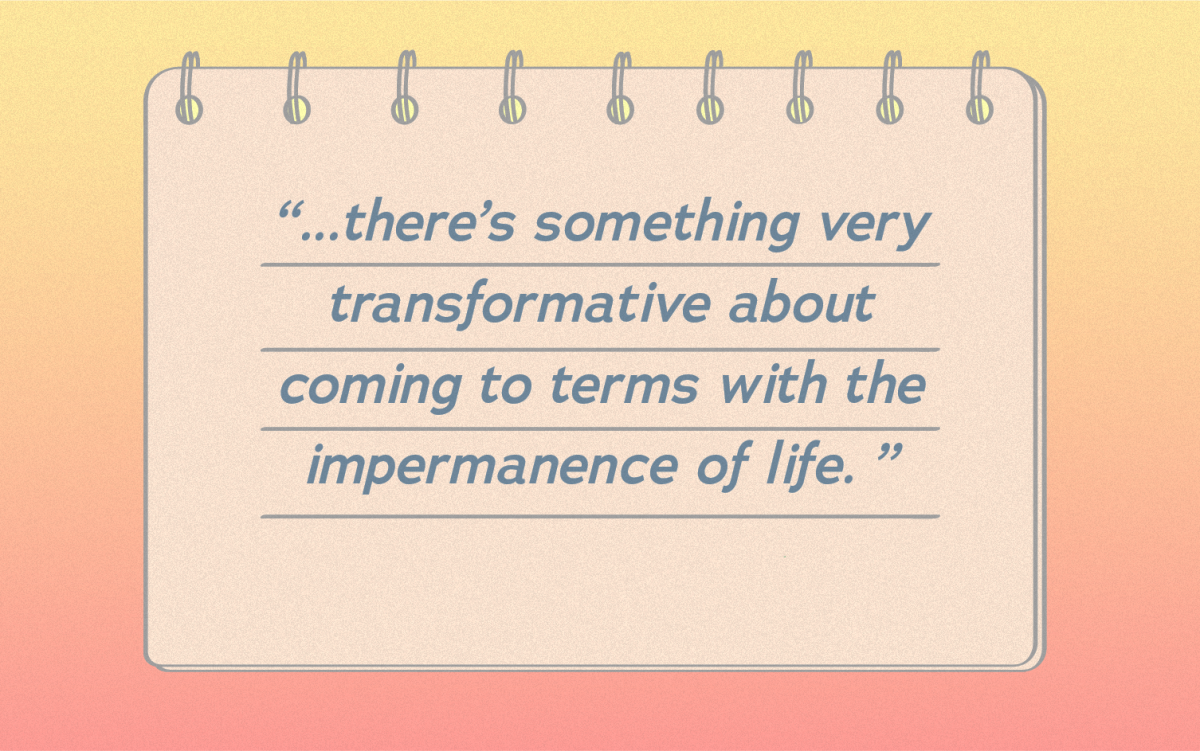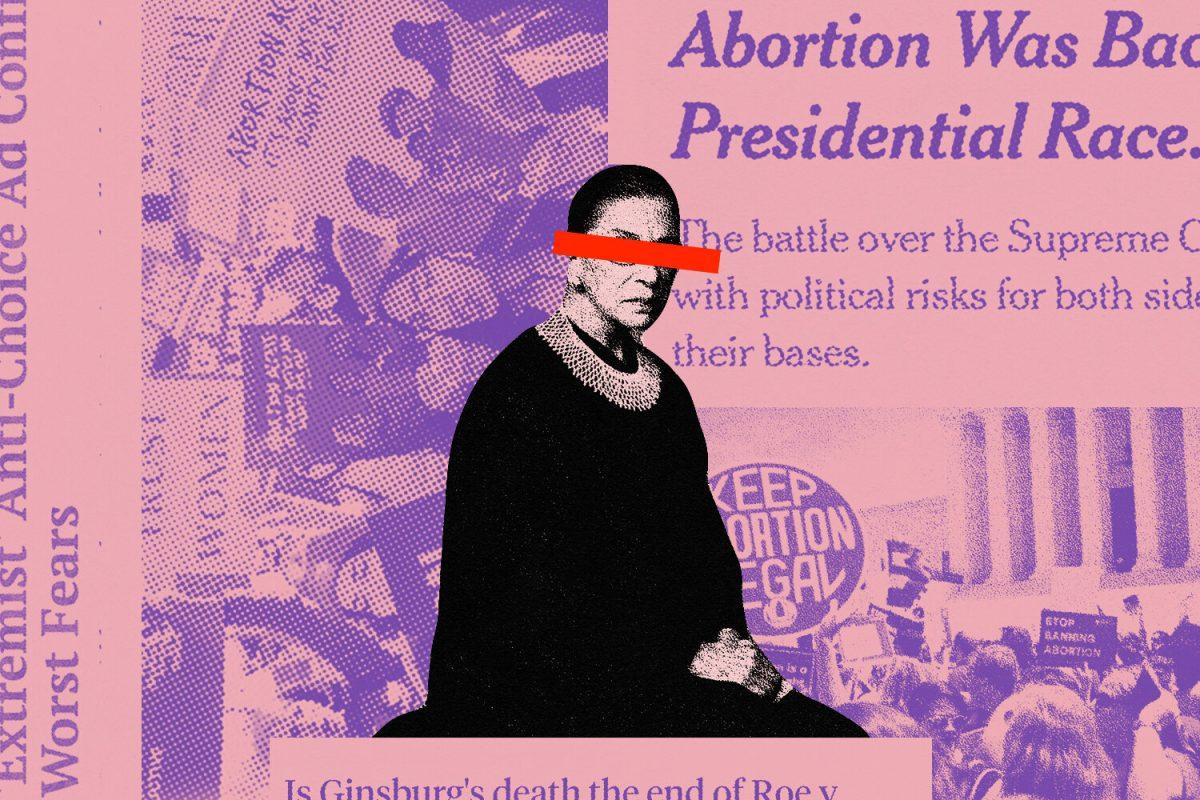By Karla Pulido and Estephanie Gomez
The 87th Academy Awards were controversial because of the predominantly white nominee roster, so any win by a person of color was unexpected — including Alejandro Iñárritu’s win for Best Director and Best Picture for his film “Birdman.”
Actor Sean Penn embodied the racial tension when he prefaced his announcement for Best Picture with a joke about Iñárritu’s green card status, saying: “Who gave this son of a bitch his green card?” Alejandro Iñárritu responded with a touching acceptance speech on behalf of his Mexican culture by calling for more “dignity and respect” for immigrants as well as “government that [Mexico] deserves.”
“Birdman” focuses on former action movie-star Riggan Thomson (Michael Keaton) and his attempt to prove himself on Broadway. He’s haunted by his most famous role, the superhero Birdman, and the film follows his journey to escape the burden of his past-fame and become more than a washed-up actor.
Controversy aside, did the Academy make the right choice? Or did Richard Linklater’s “Boyhood,” which won the Golden Globe for Best Picture and Best Director in January, deserve the Oscar? ORANGE Buzz writers and Netflix aficionados Karla Pulido and Estephanie Gomez discuss.
Karla: “Birdman” was a worthy choice for Best Picture because of its cinematography, which it also won an Oscar for, and its eerie, disembodied character, Birdman. Birdman was essentially an adult version of Big Bird, who antagonized Riggan into insanity.
“Birdman” was acclaimed for it’s one-shot sequencing (where the camera is continuously rolling without jump-cuts), which I really enjoyed. In “Birdman,” there were no obvious jump-cuts until the last 15 minutes of the film. This is special because one-shot sequences are generally just scenes, not an entire movie.
The acting and storylines of some supporting characters couldn’t be taken seriously. Naomi Watts is pretty forgettable in her role as supporting actress Lesley. The most memorable thing that happened to her was an almost sexual encounter with Edward Norton’s character, Mike. Norton played the resident creep and bully, and his “romance” with Sam (Emma Stone), Riggan Thomson’s drug-addicted daughter, was weird and unnecessary.
This isn’t my favorite movie, but I can appreciate the story of washed-up actor Riggan Thomson’s climb back to relevancy.
Estephanie: “Birdman” took home a well-deserved, slow clap-worthy win. The cinematography alone made it worth a Best Picture nomination. “Birdman” is a beautiful story about an aging actor desperately trying to stay relevant and find his worth in a constantly changing world, which is something we can all relate to as we get older.
Also, was it just me, or did everyone in this movie actually look like a bird?
K: If “Birdman” didn’t take home Best Picture, I would have wanted “The Imitation Game” to win. The film conveyed focused on Alan Turing’s (Benedict Cumberbatch) genius team trying to secretly end World War II. Turing was gay in an era where homosexual acts were criminal, and Clarke was a woman in a man’s environment. The cinematography is nothing special, but both Cumberbatch and Keira Knightley’s acting is phenomenal. The film is worthy of watching if for no other reason than to learn about Turing, the man who invented the computer.
E: If “Birdman” lost, I wanted “Whiplash” to win. This movie featured powerful performances from the relative newcomer, Miles Teller. and Oscar–winner J.K. Simmons. It was flawlessly edited and had an intense twist on the classic teacher-student storyline. Its Best Picture nod was definitely deserved, but Teller was robbed of a Best Actor nomination. Luckily, this movie didn’t leave empty-handed. It picked up Oscars for film-editing, sound mixing and best supporting actor for J.K. Simmons.
As long as critic-darling Boyhood (snooze-fest) didn’t win, we were fine with all the other nominees.
This is literally the entire movie.
































